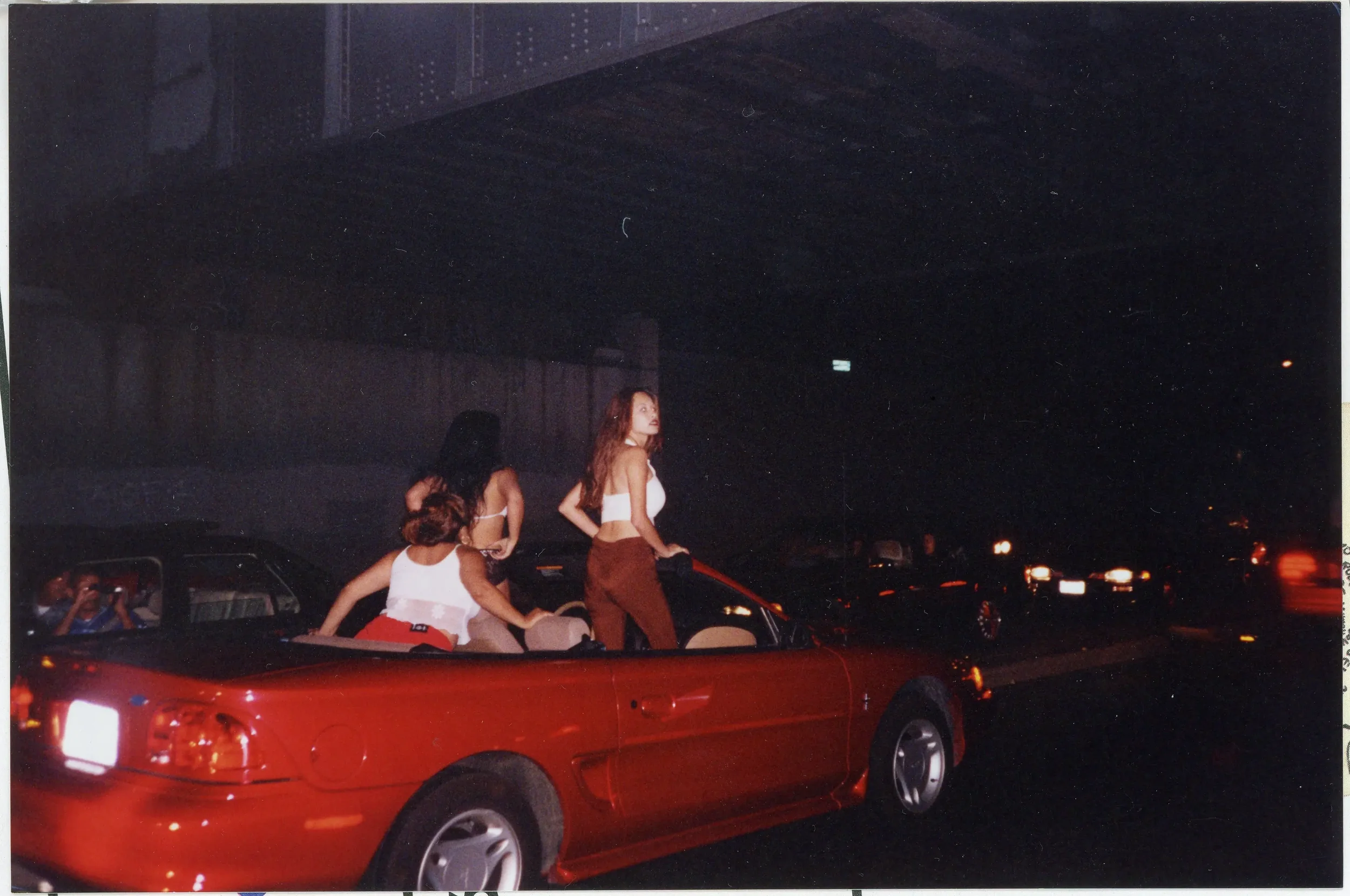Chicanas: Revisiting the heroes of LA Youth Culture
Vere and Ericka in 2001.
In the very identity of 90s Southern LA youth culture we have seen the role of women erased. Guadalupe Rosales is a Californian photographer, archivist, and educator working hard to reverse the process.
With the mere mention of Manchester, where Dance Policy is primarily based, many think of Happy Mondays, Stone Roses, New Order. Men, to say the quiet part out loud. Some argue that women in modern music scenes are finally getting their credit, but it remains that there is significant work to do in how we look back in music history as a society. In the archive of LA it seems this is very much the case also. “ I realized that the way women were described as being part of a [historic] scene or a subculture, it was like the girlfriend,” Rosales tells Dance Policy over Zoom. This was compounded by how Latinos weren’t recognised for their role in youth culture or dance music. It was hard enough to achieve recognition in the scene being Latino; it was even harder to do so as a Latina. For this reason Rosales has made it her personal mission to dispel both a male-centric gaze in LA archives, and a gang-centric one too.
“ I feel like when we talk about whether it's like gang culture or the party scene, we were all intermixed. When you look at mainstream media and you watch a movie, for example, and it has a drive-by shooting, right? They're attacking like the dudes and the women are the ones crying… that didn't really happen [in the 90s]. Everyone's a target, you know?”
Submitted by @loosifaadi
Photo taken at a South Gate lowrider car show around 2002.
In 2015, Rosales started the Instagram page “Veteranas y Ruca” documenting Latin@/x communities with an open invite to share personal images and memories that create visual narratives, celebrate more true to form identities, and historicise subcultures. The term ‘Veteranas’ not only applies to women in gangs, but also in street life, street-smart individuals with a knowledge of survival. ‘Ruca’, a word used since the 1930s, just means a girl or girlfriend. Since the project began womxn's experiences have been the focus of Rosales' work.
Rosales isn’t a stranger to the scene she’s been documenting. At 15, she was part of the Aztek Nation party crew. She remembers older kids with vans, big family-style wagons that could get up to 20 people in them which they’d use to drive to parties. “ I think at that time we were already rebelling. We were beyond sneaking out of the house. My parents had caught me and my sister sneaking out of the house multiple times”.
The Instagram page is full of Chicanas, as per Rosales’ intention. From teens sitting in their bedrooms, to those standing at the back of an open-roof car, Rosales’ page showcases the most authentic aspects of female youth culture in southern LA. As for Rosales herself, not many archivists, can say they were part of what they’re documenting, but Rosales was deeply embedded in southern LA’s youth culture. Often she’s sent envelopes full of photos, “You'll just have no context on what any of these photos are. You don't have any notes on the back of them, and you have to put the puzzle together yourself,” she explains. “ Both my pages map points and [they’re] so big that there's always one person that [will] recognize the place or the person in the photo, or even the person that's in the photo will recognize themselves in it. That's also so beautiful to see unfold on social media.”, ‘Map Point’ is another page that Rosales runs to explicitly document rave culture. The Instagram page follows her own and similar experiences of LA rave culture, which flourished in the 90s.
Before Google Maps and smartphones, the phrase ‘map points’ referred to locations that partygoers would go to find out where parties were being held. For example, an attendee would initially be led to a petrol station, and would have to pay the promoter for the location of a party. This was used to avoid unwanted guests such as the police, and keep parties exclusive to those who understood the scene well.
Photo taken by @la_myrose
Photo taken by @la_myrose
The wayback machine of Map_Pointz and Rosales’ Veteranas y Ruca Instagram pages showcases a plethora of communities within LA youth culture and the party scene that have been largely ignored by the mainstream concepts of rave history and youth culture. The success of these pages works well with the older generation and the modern. Gen Z has an obsession with nostalgia, reliving the past, and with the physical, such as vinyl. This fascination has come hand in hand with the realities of history repeating itself, too. A 1994 ballot initiative sought to prohibit undocumented immigrants from using non-emergency state and local services, including public education, and create a state-run citizenship screening system.
This anti-immigration rhetoric has reignited in the Western world. President Trump's cruel and racist immigration policy, enforced by ICE, has once again politicised Latino communities against their will. “ It does feel like a cycle”, Rosales says when questioned about the political climate. “Everyone's in fear. My mom included. She’s an American citizen, but it's still embedded. It's been hard to be in LA and be surrounded by that chaos, but at the same time, when our communities are under attack… I feel like coming together in community is so important, and music and dance is the medicine for that.”
In the last ten years, dance music has resurfaced with mega clubs, in pop charts, and in everyday lifestyle culture. The community aspect of dance music and youth culture has never been more relevant. Rosales’ archival projects drive an important message that everyone has a place in their subculture home. Through her pages she returns Chicanas and the Latin@/X community to its rightful place in history in Southern LA.
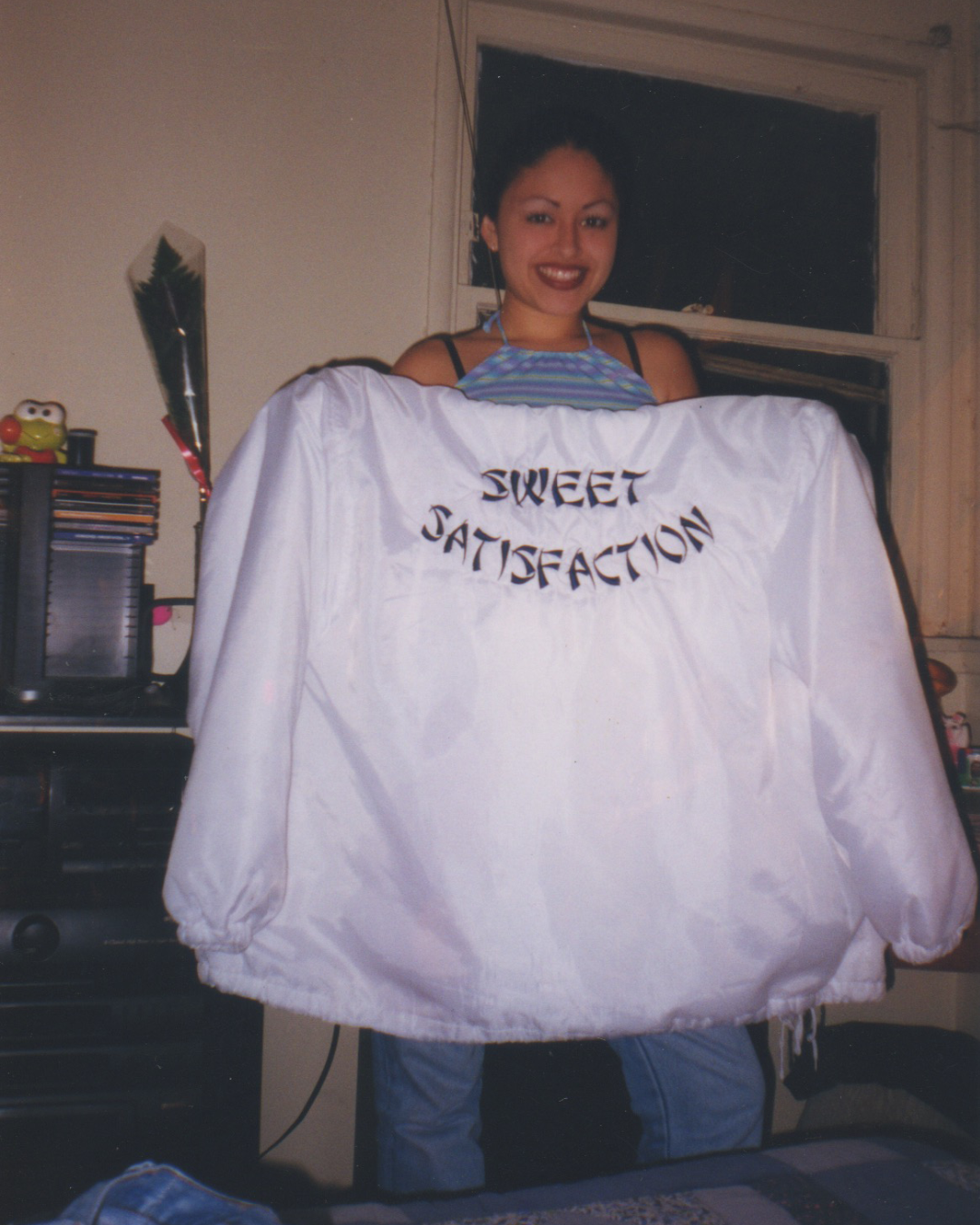
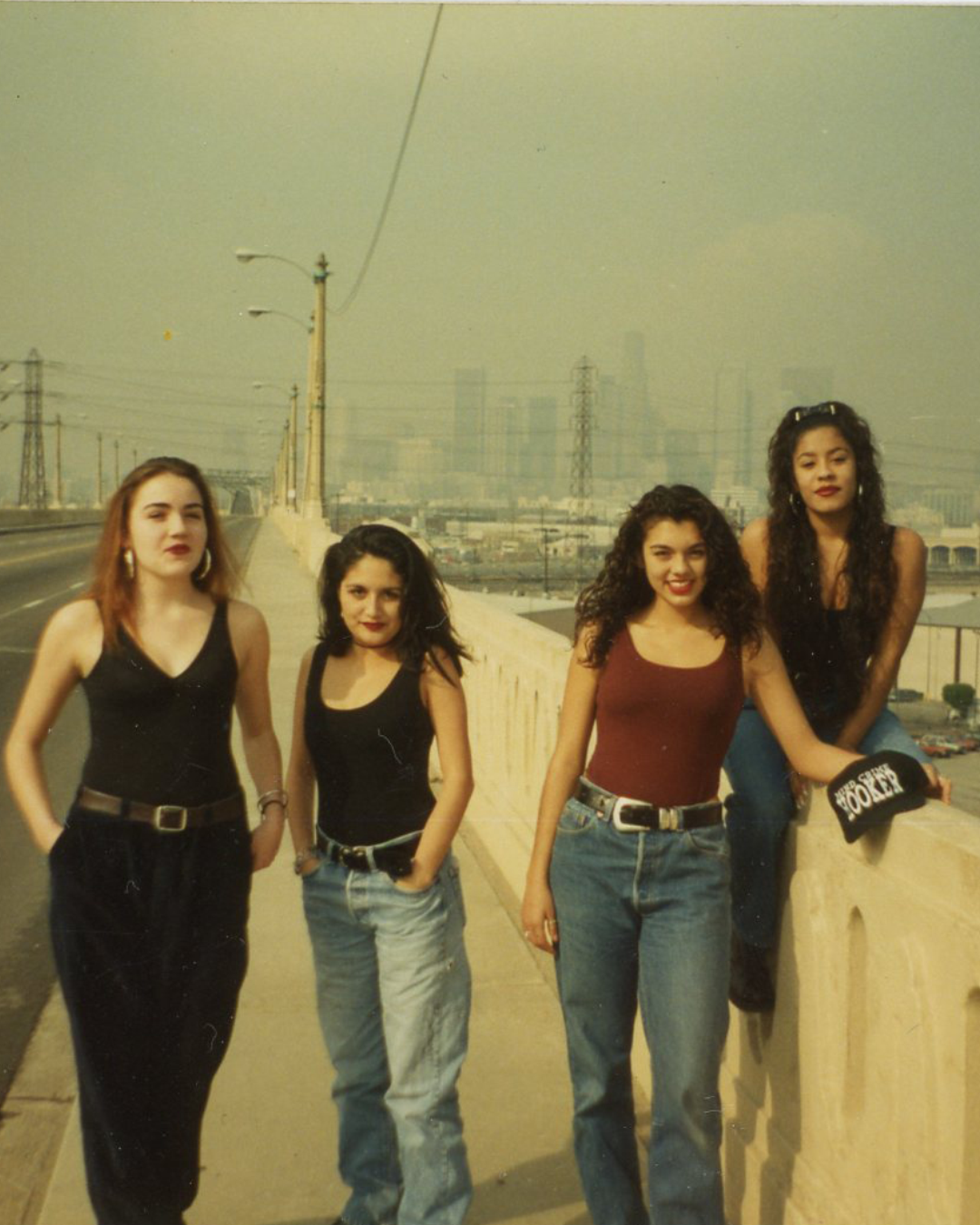
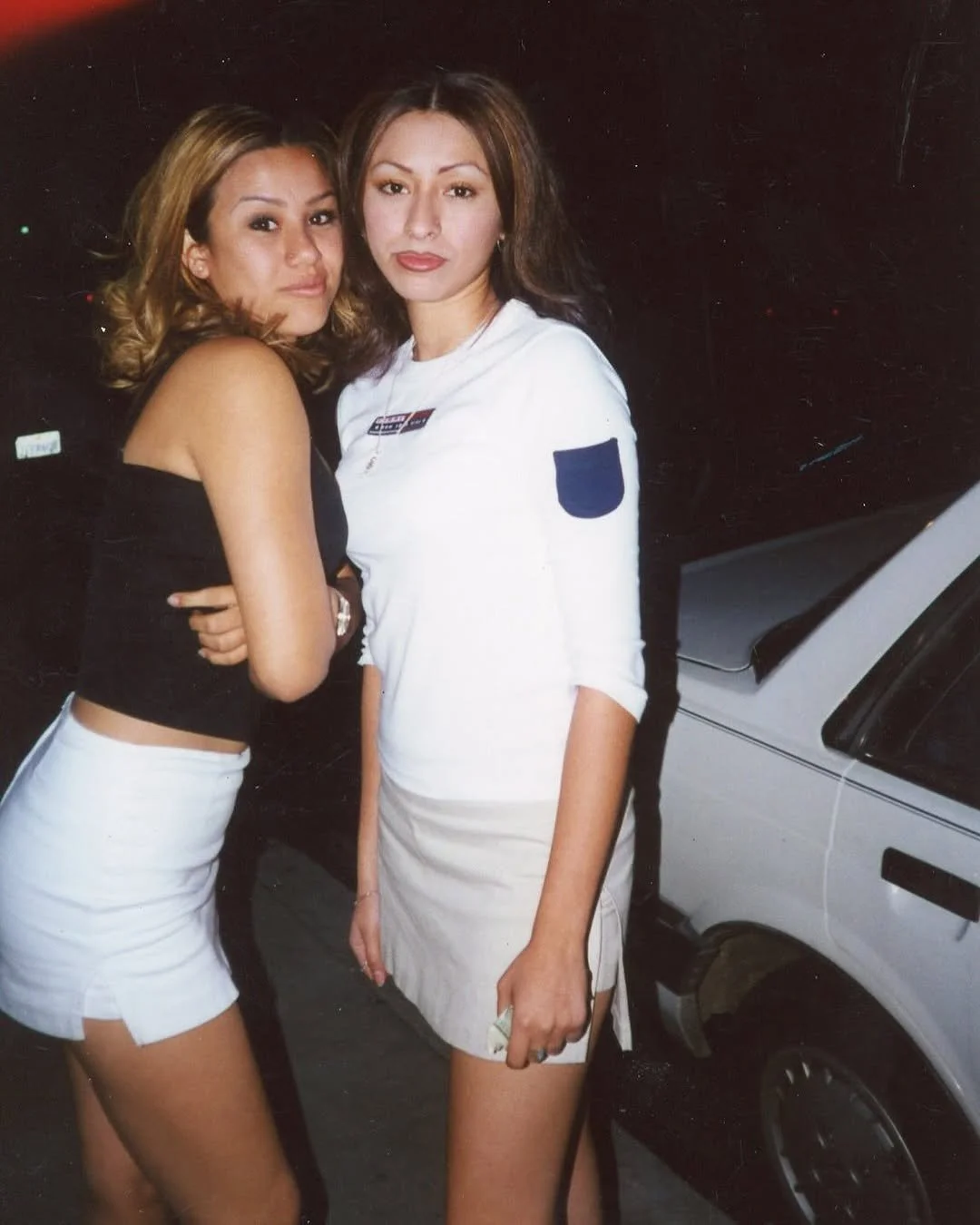
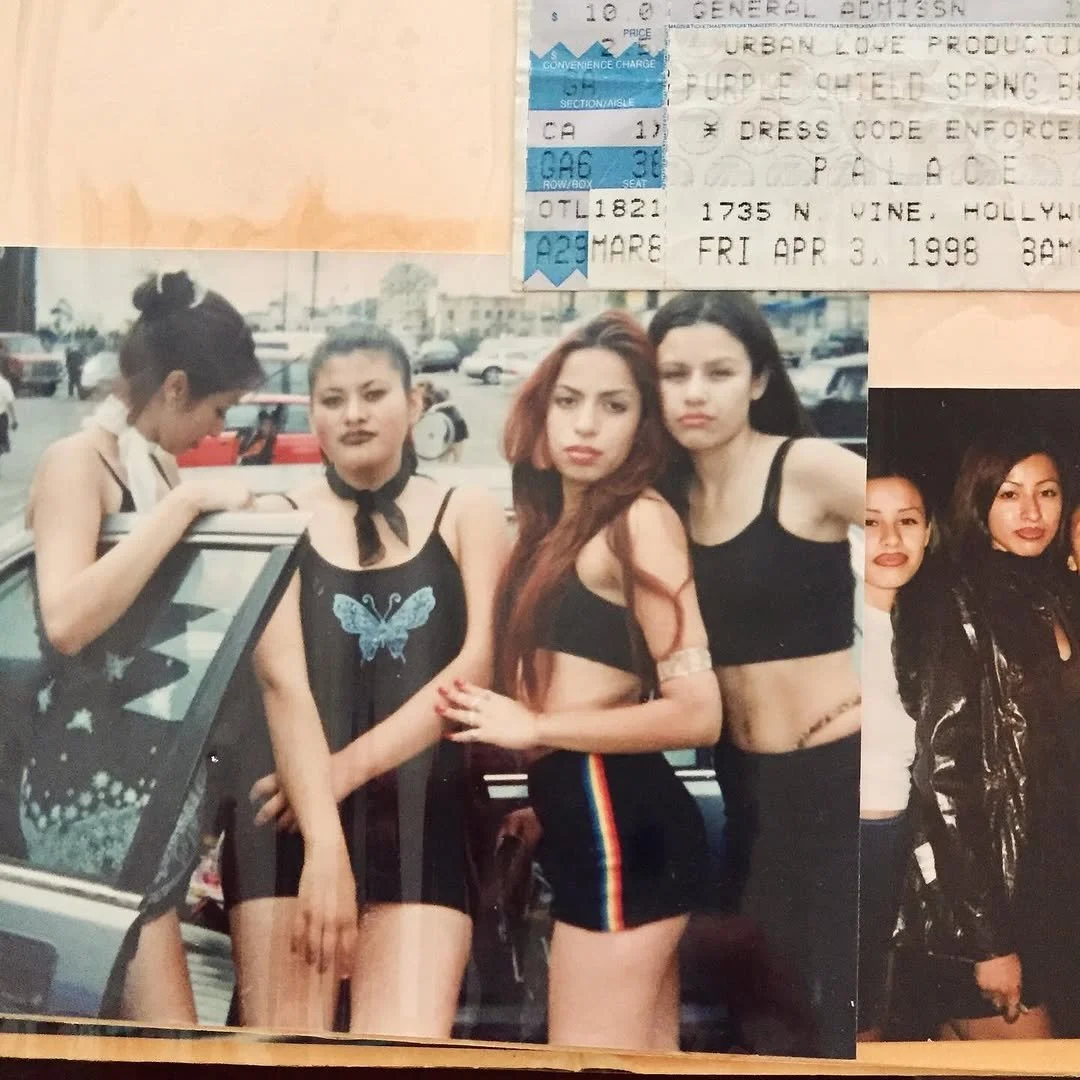
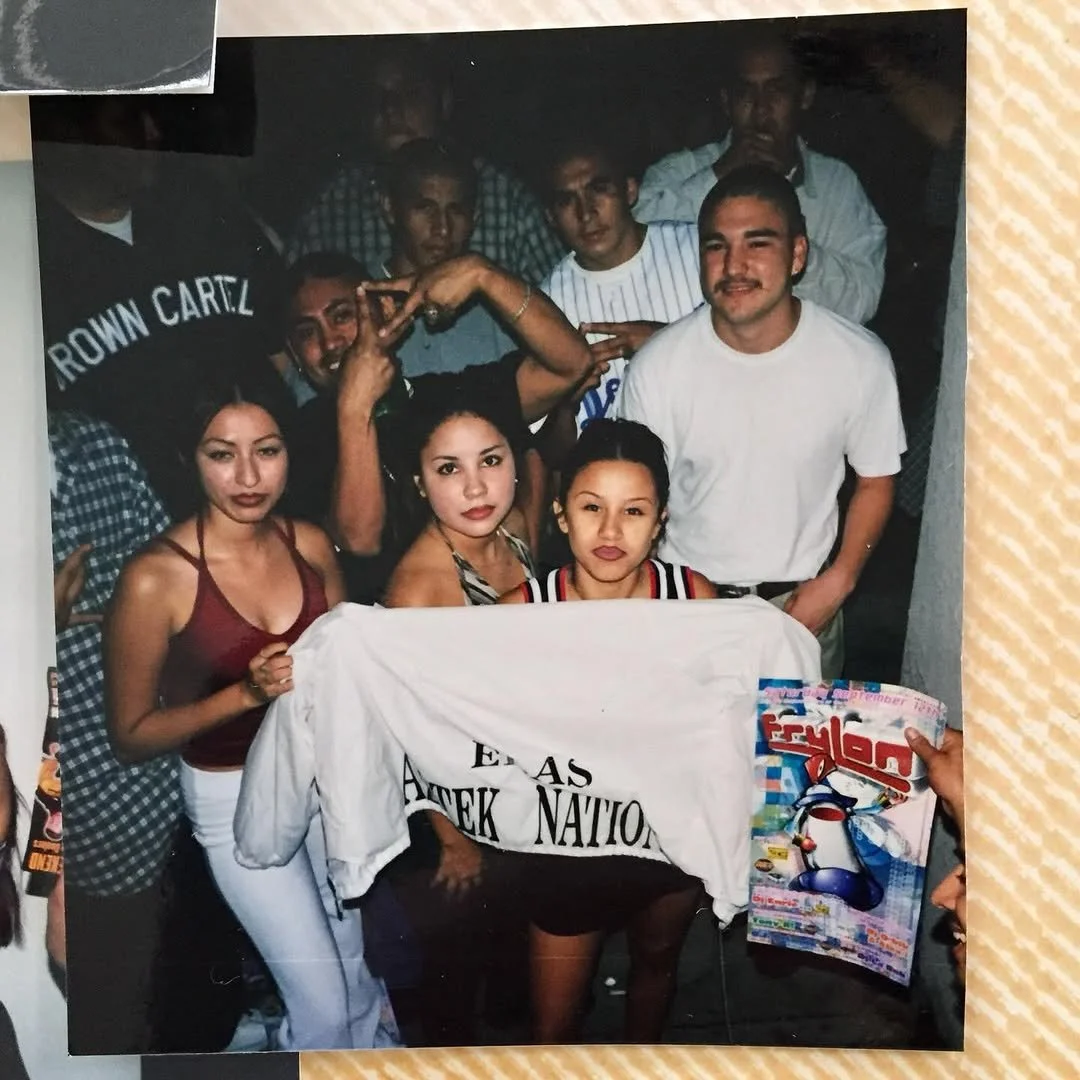

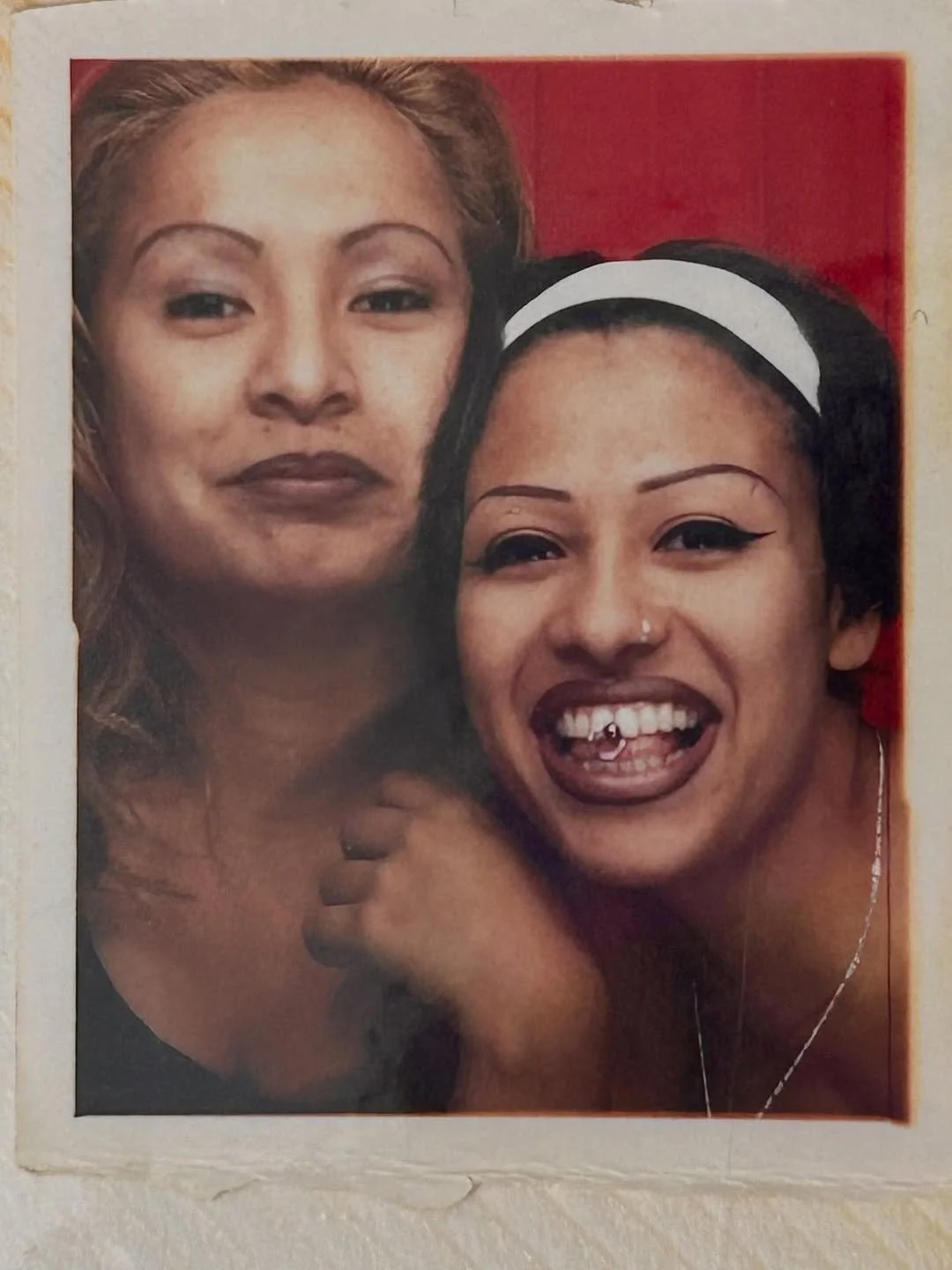
Guadalupe Rosale’s book “Map Pointz: A Collective Memory” came out in 2018. Her next book is due to come out in 2026. You can find her website here:
Projects:
Veteranas and Rucas, Map_Pointz
Written by Zak Hardy
Edited by Sophie Yau Billington


